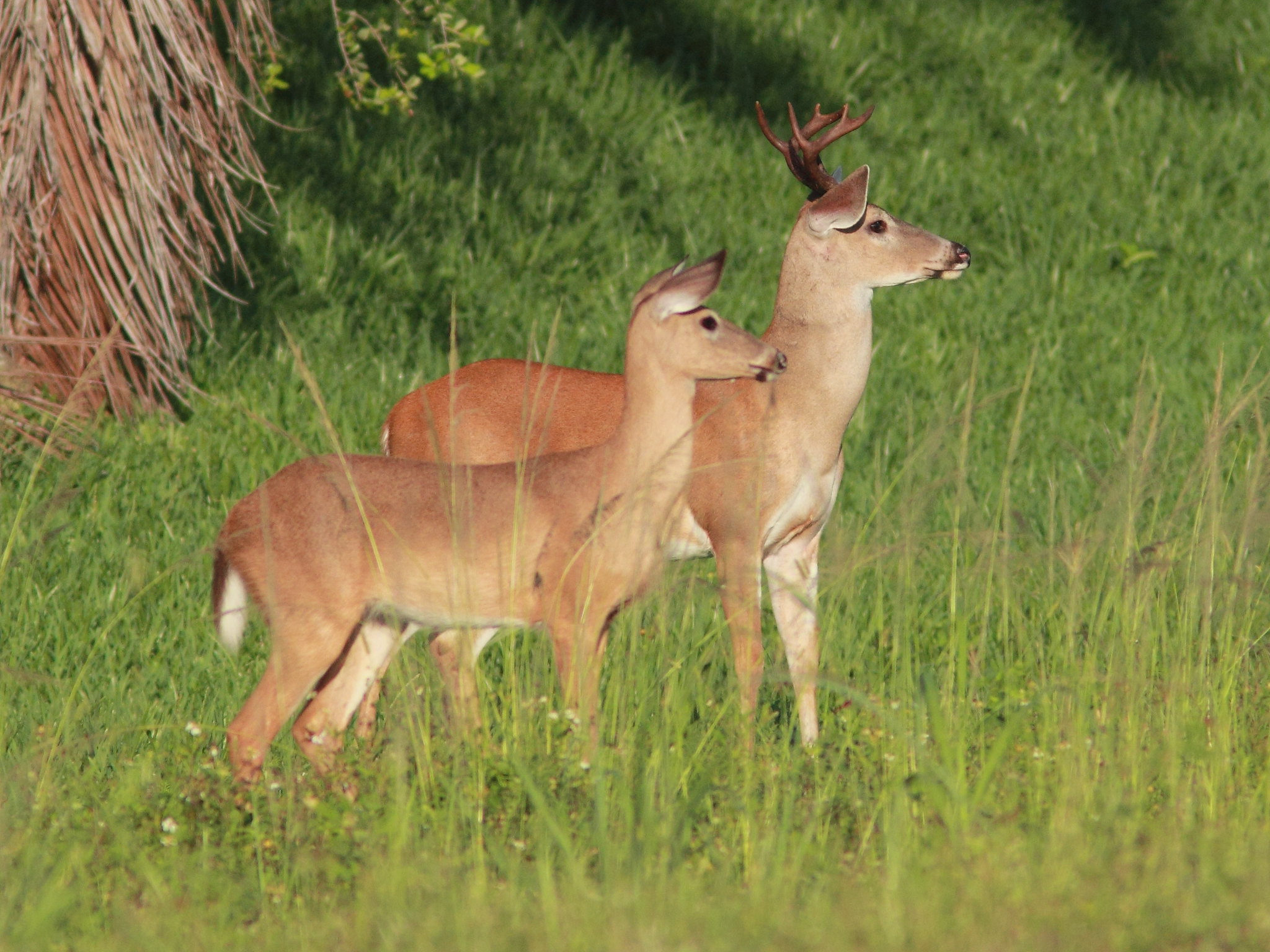
Three more captive deer in three Louisiana parishes have tested positive for chronic wasting disease (CWD), the Louisiana Department of Wildlife and Fisheries (LDWF) reported yesterday.
Authorities detected the cases in Concordia, St Landry, and Tangipahoa parishes after tracing them back to a CWD-positive deer farm in Jefferson Davis Parish identified in November. Concordia and Tangipahoa parishes abut Mississippi's southern and western borders, and St Landry Parish is in the south-central part of Louisiana.
At this time, the disease has not been detected in the wild population in any of the parishes with CWD positive deer pens and associated trace outs.
"In addition to the recent detections, deer from the CWD positive pens have been traced to permitted pens in 11 other parishes," LDWF said in a news release. "No other positives have been confirmed at this time." The 11 parishes are located throughout the western half of the state.
The department has performed statewide surveillance of wild deer since 2002, with the only CWD case in a free-ranging deer found in Tensas Parish in 2022.
LDWF acknowledged that the three recently identified cases have raised concerns about the fatal neurologic disease spreading further into wild deer, but said, "At this time, the disease has not been detected in the wild population in any of the parishes with CWD positive deer pens and associated trace outs."
Testing recommended in CWD-positive areas
CWD, a disease of cervids such as deer, moose, and elk, is caused by prions, infectious proteins that trigger abnormal folding in normal proteins. Infected animals shed CWD prions in body fluids, which can spread to other cervids through direct contact or the environment.
Although CWD is not known to infect people, the US Centers for Disease Control and Prevention and the World Health Organization advise against eating infected animals. People who hunt in CWD-positive areas should have their deer tested for the disease before consuming the meat.
.jpg)
















